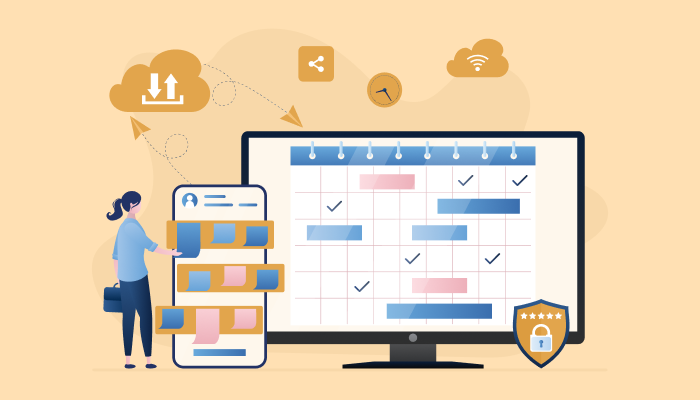Service scheduling is a critical aspect of managing time and resources effectively in any organization. It fundamentally streamlines operations by ensuring that services are provided in an organized manner, maximizing both productivity and customer satisfaction. By implementing effective scheduling practices, businesses can reduce wait times and optimize staff allocation.
In today’s fast-paced environment, the challenge of coordinating services can become overwhelming. Automated scheduling tools and software have emerged as valuable solutions, enabling companies to manage appointments and tasks with greater ease and precision. These tools not only enhance efficiency but also allow for better tracking of service delivery metrics.
Understanding the principles of service scheduling opens the door to improved operational efficiency and enhanced customer experience. By taking a strategic approach to scheduling, organizations can navigate the complexities of service management and stay ahead of the competition.
Service Scheduling Fundamentals
Service scheduling involves planning and optimizing resources to deliver services efficiently. Effective scheduling maximizes productivity, minimizes wait times, and enhances customer satisfaction.
Defining Service Scheduling
Service scheduling is the systematic process of allocating resources, including personnel and equipment, to manage service delivery. It encompasses various tasks, such as booking appointments, dispatching technicians, and coordinating job assignments.
This process ensures that all necessary resources are available at the right time and place. By defining clear schedules, organizations can streamline operations, reduce downtime, and maintain service quality.
Importance of Efficient Scheduling
Efficient scheduling minimizes operational costs and enhances service delivery. When schedules are optimized, resources are utilized effectively, which leads to faster response times and increased customer satisfaction.
Additionally, a good scheduling system helps in anticipating demand and preparing for peak times. This proactive approach can significantly reduce missed appointments and cancellations, fostering trust and reliability among customers.
Key Components of Service Scheduling
Several key components contribute to effective service scheduling:
- Resource Management: Identifying and managing personnel and equipment is crucial. This includes understanding availability and skills.
- Scheduling Software: Utilizing technology aids in automating scheduling tasks. Software can help track appointments, manage conflicts, and communicate with customers.
- Customer Communication: Keeping customers informed about their service status fosters better relationships. Automated notifications and reminders can significantly enhance customer engagement.
- Flexibility: Adapting to changes in demand is essential. An effective scheduling system should allow for real-time adjustments to address unforeseen circumstances.
By focusing on these elements, organizations can create a robust service scheduling system that enhances productivity and customer satisfaction.
Service Scheduling Technologies
Service scheduling incorporates various technologies that enhance efficiency and accuracy. Key areas include dedicated software solutions, automation processes, and the latest advancements in artificial intelligence and machine learning.
Software Solutions for Service Scheduling
Dedicated software plays a crucial role in managing service appointments. These solutions often feature user-friendly interfaces that allow easy calendar management, staff allocation, and customer communication.
Popular software options include:
- Calendly: Simplifies appointment booking through customizable scheduling links.
- Acuity Scheduling: Offers robust tools for managing appointments, including intake forms and payment options.
- ServiceTitan: Tailored for home service businesses, it integrates scheduling with dispatching and invoicing.
These tools often provide real-time updates and notifications, ensuring that clients and service providers stay informed.
Automation in Scheduling
Automation streamlines the scheduling process, reducing manual input and errors. Automated systems can send reminders and confirmations to clients, minimizing no-shows and cancellations.
Additionally, automated scheduling allows for:
- Dynamic Rescheduling: Adjustments based on service availability or customer needs.
- Customer Preferences: Systems can learn from historical data to suggest optimal times for appointments.
Using automation, businesses can focus on core operations while improving client satisfaction through timely communication.
Advancements in AI and Machine Learning
AI and machine learning are transforming service scheduling by enabling smarter decision-making. These technologies help predict client demand patterns and optimize resource allocation.
Key benefits of AI integration include:
- Predictive Analytics: Anticipates peak times for service requests, allowing better staff management.
- Natural Language Processing: Enhances customer interaction through chatbots that can schedule appointments or answer inquiries promptly.
By leveraging AI, companies can increase operational efficiency and improve customer experiences, leading to higher satisfaction rates.






